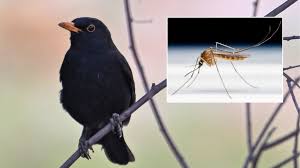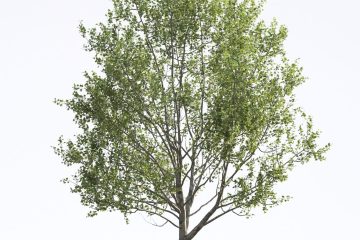The Role of Blackbirds in Mosquito Control

Introduction
Blackbirds, known for their distinctive plumage and vocalisation, are essential to various ecosystems. Their role in controlling mosquito populations is particularly significant, especially in regions prone to mosquito-borne diseases. As climate change and urbanisation contribute to altered mosquito behaviours, understanding the ecological interactions between blackbirds and mosquitoes is increasingly important.
Blackbirds and Mosquito Populations
Recent studies highlight that blackbirds help to manage the population of mosquitoes, particularly in wetland and marsh environments where these insects breed. Research conducted by the Ecological Society of America revealed that blackbirds consume large quantities of insects, including mosquitoes, during their feeding cycles. This natural predation plays a vital role in balancing ecosystems.
Effects on Public Health
With rising concerns about diseases such as West Nile Virus and Zika, the presence of natural predators like blackbirds is crucial in reducing potential outbreaks. According to the Centres for Disease Control and Prevention (CDC), community initiatives aimed at preserving habitats for such birds can complement existing mosquito control programmes, reducing reliance on chemical pesticides.
Current Events
In recent months, several municipalities in the UK have launched campaigns to encourage the protection and enhancement of blackbird habitats, focusing on reducing standing water and planting native vegetation that fosters the birds’ natural preying habits. Conservationists argue that these efforts directly correlate with a decrease in mosquito populations, indicating a successful natural control method.
Conclusion
The relationship between blackbirds and mosquitoes underscores a significant ecological interaction that merits more attention in urban planning and public health strategies. As the ramifications of climate change continue to evolve, fostering biodiversity through the protection of species like blackbirds will be key to achieving balanced ecosystems. Cultivating an appreciation for these birds not only supports biodiversity but could also become a frontline defensive strategy against mosquito proliferation and the diseases they carry. Moving forward, further investment and research into avian contributions to pest control could yield innovative, environmentally friendly solutions to public health challenges.









